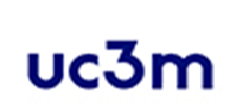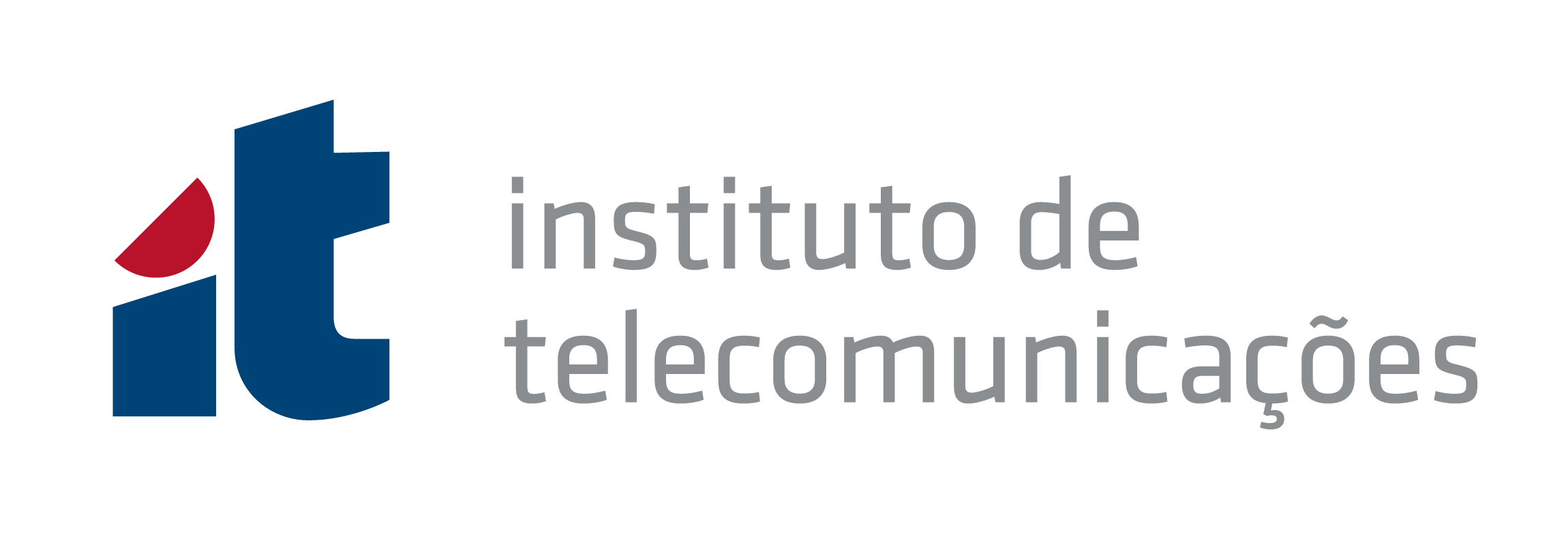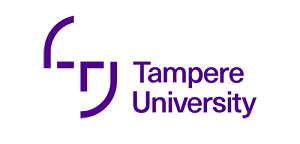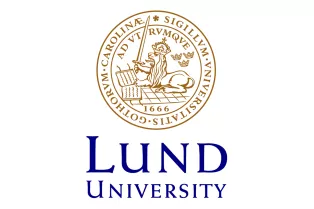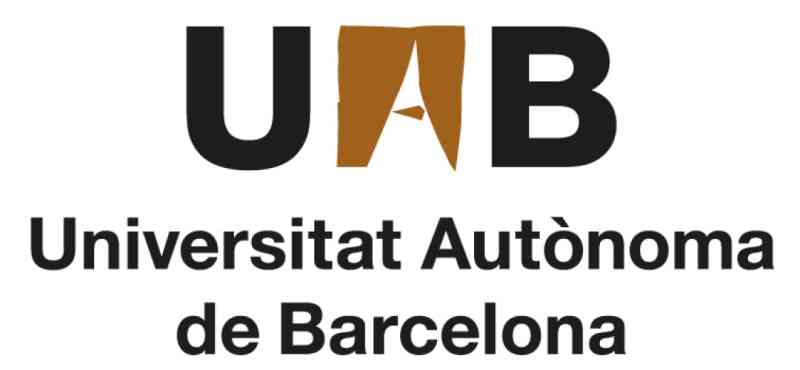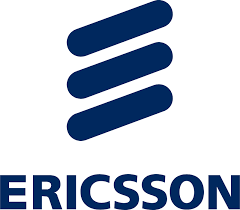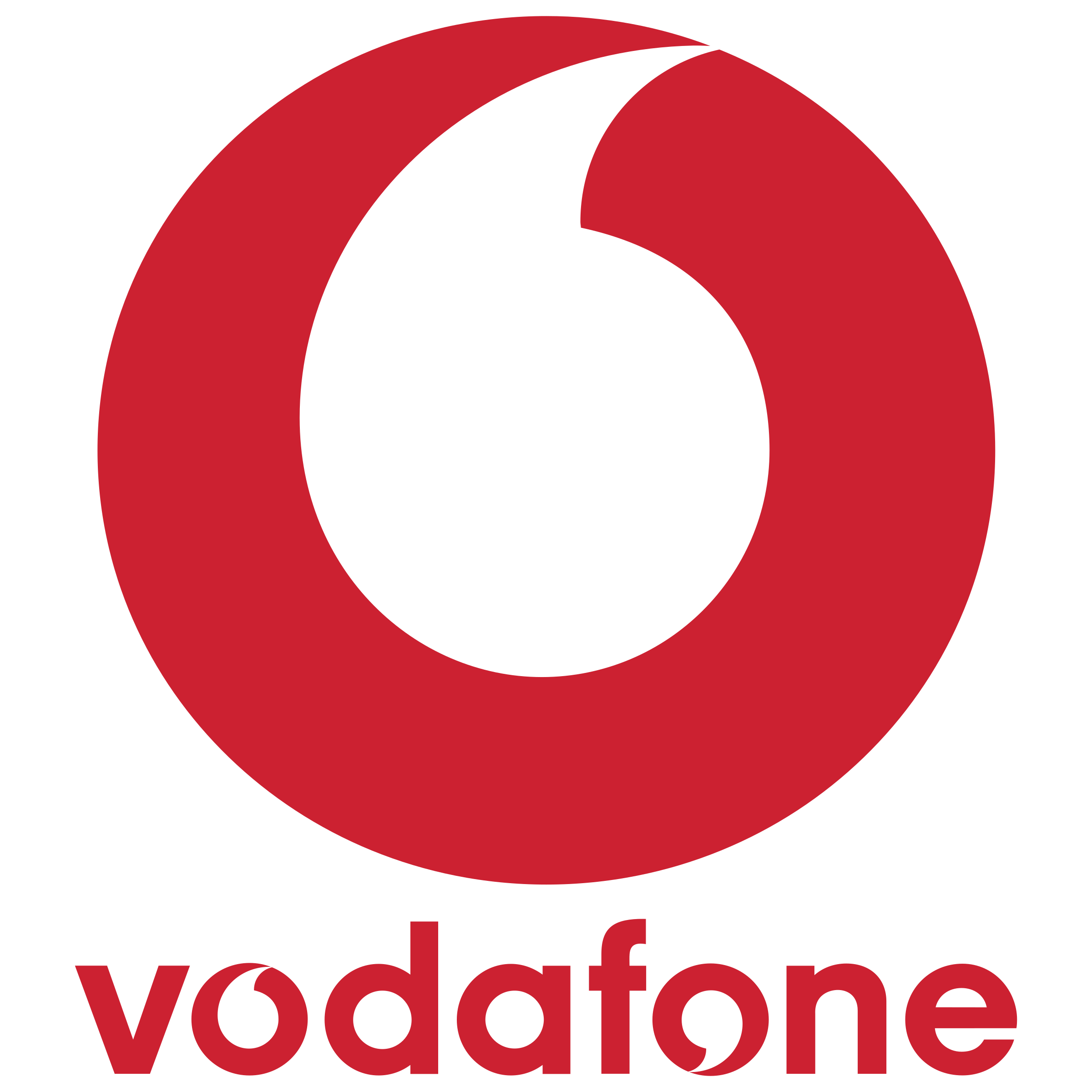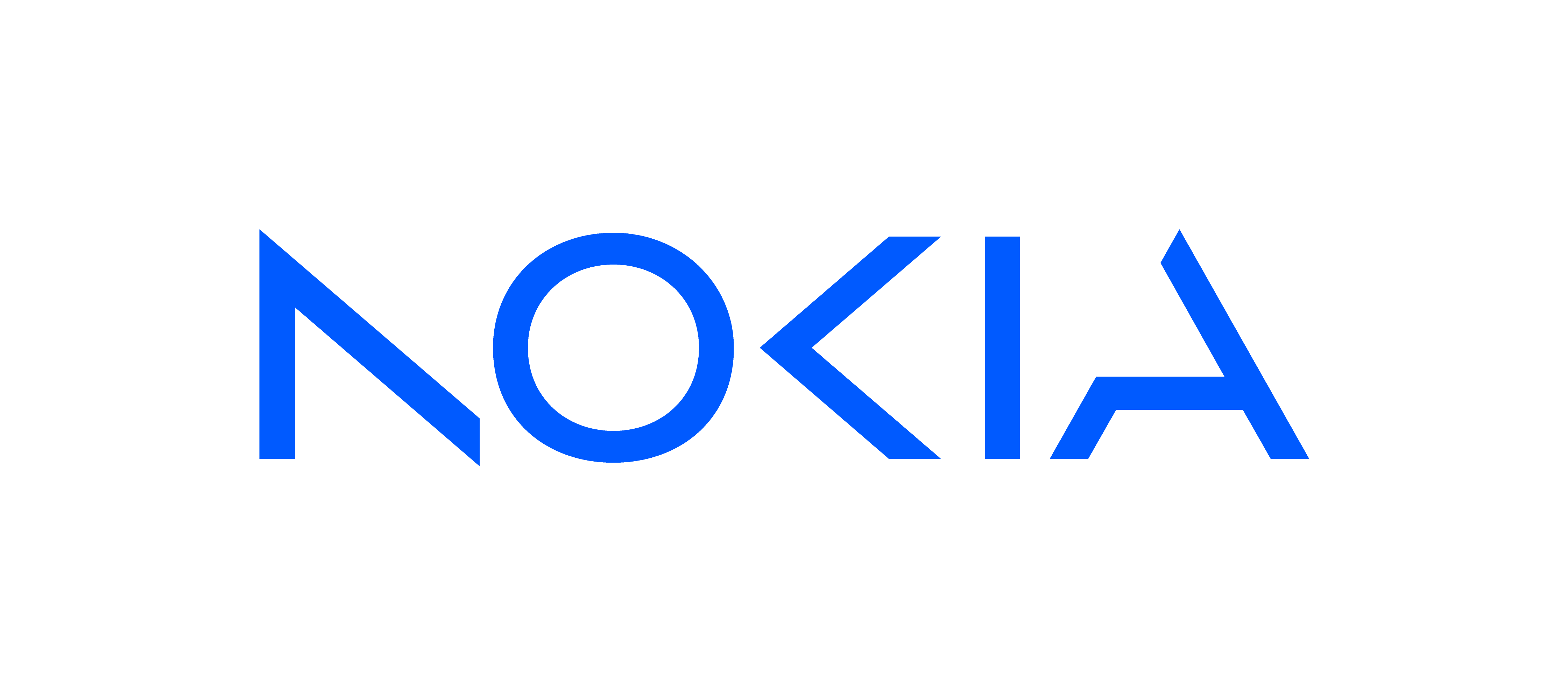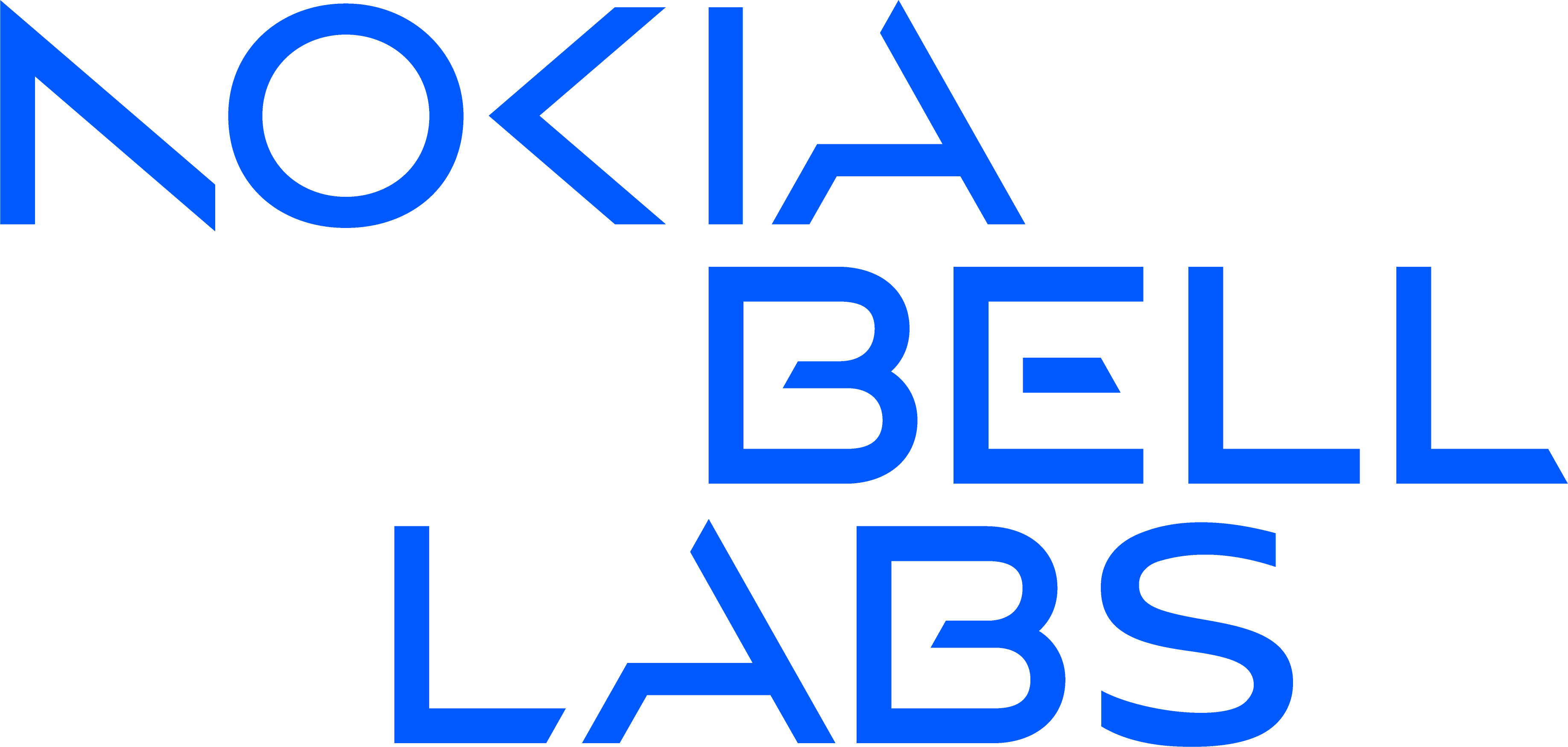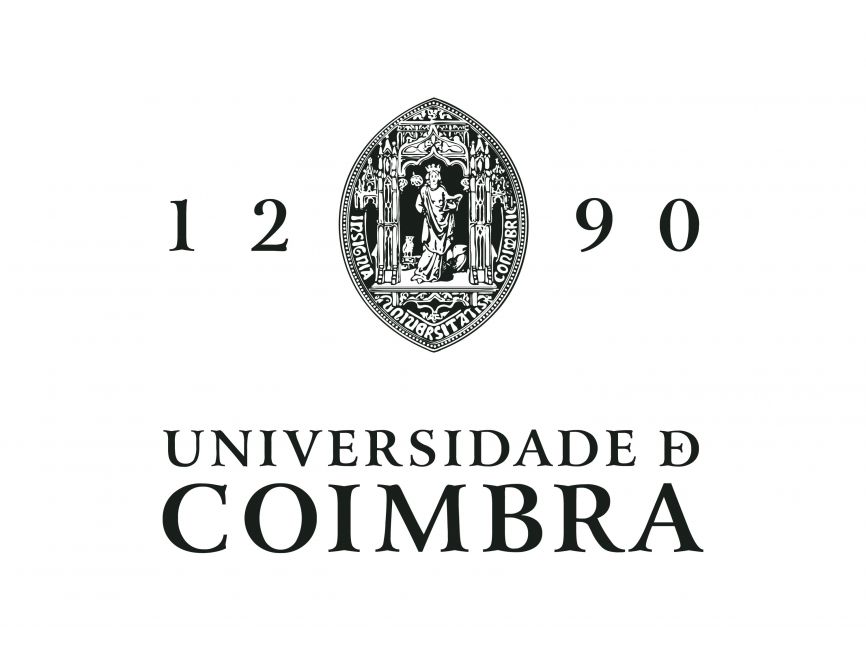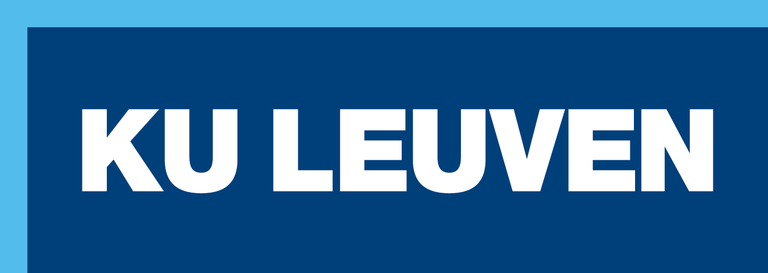
About Us
MSCA Doctoral Network MiFuture "ultra-massive MIMO for future cell-free heterogeneous networks"
The increasing demand of higher data rates while ensuring sustainability through reduced energy consumption levels call for a collective effort to define and set up the new generation of mobile communications. It is expected that some of the newly arising services will need to accurately map the environment for a seamless interaction of the physical and the digital worlds, and then require a combination of communications, positioning and sensing. The vision of MiFuture is that an evolution of massive multiple input – multiple output (MIMO), the technique that has provided the unprecedented spectral efficiency of 5G, towards ultra-massive MIMO (UmMIMO), will be a key ingredient in the future mobile radio access network. MiFuture will pave the path towards the implementation of heterogeneous cell-free networks with an ultra-massive number of antennas that will satisfy the throughput, energy efficiency, positioning accuracy and feasible complexity requirements that the evolution of mobile communications towards 6G demands. <\p>
This evolution will require a new generation of excellent researchers able to address the emerging complex engineering problems that the thriving area of mobile communications is facing. MiFuture will develop a high-level personalised multidisciplinary programme to provide 15 Ph.D. candidates, supervised by committed experts from the industry and academia, with research competences and transferable skills (e.g., entrepreneurship, project management, IPR, open access) with the long-term goal to lead scientific advances in the new concepts arising in the field of wireless communications. These creative young researchers will face real world implementation, work across multiple European countries and organisations, become knowledgeable in standardisation activities, present at workshops in front of researchers and industrial stakeholders and interact with the general public to make them aware of how 6G can help in their daily lives.
